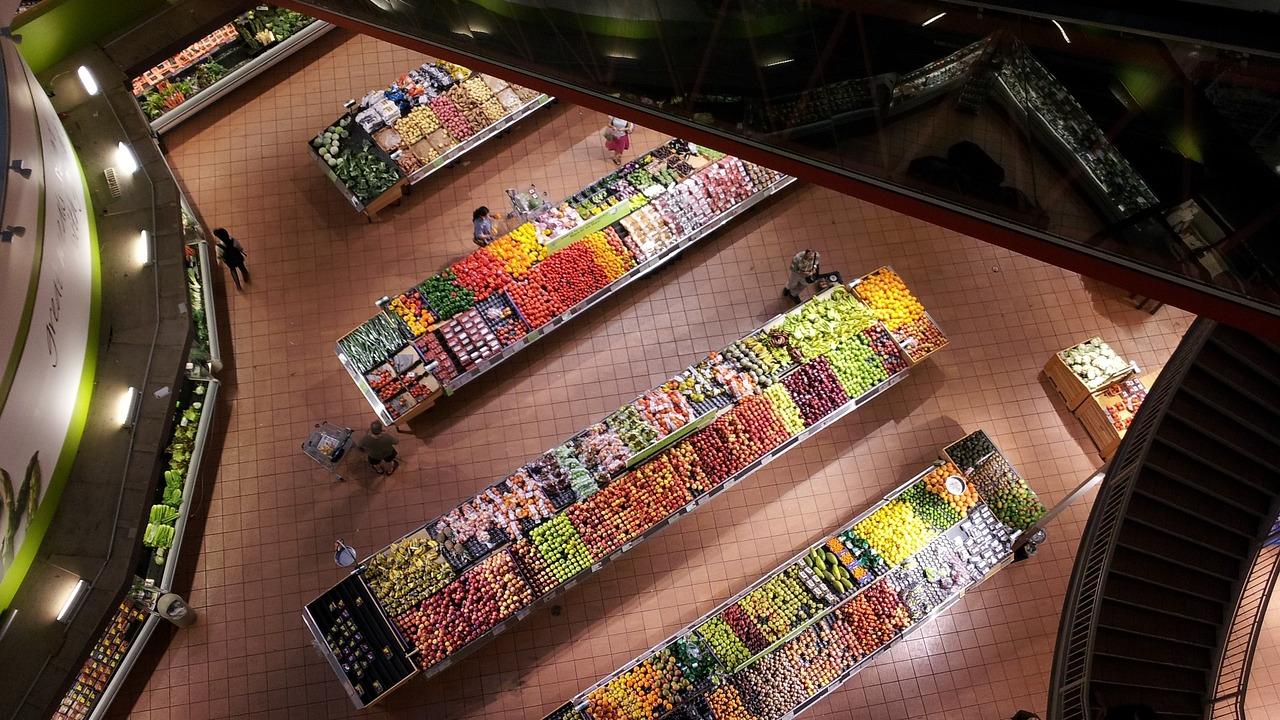
Award-Winning Short Film by Anthropology Student Explores Immigration and Meatpacking
When you eat a sandwich, how often do you think about the layers between the bread? The meats, the cheeses, the veggies, all these food items result from a myriad of hands lending their labor to the food system. We may not witness farmers picking lettuce or workers packaging deli meats, but their work is integral to our lives. Despite this, many of these workers are on the margins of society.
“When that labor is unseen, it almost dehumanizes it to an extent. Not just the labor, but the people doing the labor become kind of background objects to the food,” said Harleen Bal, a doctoral candidate in the Department of Anthropology at the College of Letters & Science. “They’re sometimes treated as just inputs in the supply chain.”
In her short film Unpacking Immigration, Bal illuminates what she calls the “unseen middle step between the farm and the table” by exploring the lives of immigrant meatpackers living in Livingston, California.
The film focuses on Daljit Singh, a Punjabi Sikh man who worked in a meatpacking plant for 28 years. Bal’s approximately 13-minute documentary won the Loni Ding Award for Social Issue Documentary and the AT&T InspirASIAN Award at this year’s CAAMFest, a film festival in San Francisco organized by the Center for Asian American Media.
Applied anthropology and a personal connection
Unpacking Immigration is Bal’s first foray into filmmaking. As a Ph.D. candidate in anthropology, her research focuses on chronicling and understanding labor experiences in the food system. This includes restaurant owners and workers, truckers, orchard owners, agricultural workers and meatpackers.

Usually, such ethnographic research manifests as papers in academic journals. But when Bal started working with the Punjabi Sikh community in California’s Central Valley, she saw an opportunity to engage in public scholarship by using a format accessible to the general public: documentary film.
While conducting research, Bal met Mandeep Singh, a community organizer for Jakara Movement, a grassroots organization working to empower working-class Punjabi Sikhs. Though she’s the daughter of Punjabi immigrants, Bal had no idea there was a large Panjabi community working in meatpacking plants until she met Singh.
“I never knew that we had Punjabis working in meatpacking, and interestingly, many of them are vegetarians,” she said.
The more Bal thought about the role of immigrant workers in meatpacking and how the industry shapes their lives, the more the research manifested as a film in her mind’s eye.
“There’s a huge Punjabi diaspora in California,” Bal said, “and they have a history that’s been entwined with the food system for over a century.”
Mandeep Singh introduced Bal to his father, the late Daljit Singh, who agreed to share his life story with Bal.
A dangerous job
In Unpacking Immigration, Bal traces Daljit Singh’s journey from India to the United States of America. Like many of India’s Sikh practitioners in the 1980s and 1990s, Daljit Singh lived in fear of persecution from the government. He found asylum in the U.S. and secured a work permit. Eventually, he was able to bring his family to the country. For 28 years, Daljit Singh worked on a factory line, a far cry from his work as a teacher in India.
After chronicling some of Daljit Singh’s life journey, Unpacking Immigration explores working conditions in meatpacking plants. The industry is one of the most dangerous. According to the Occupational Safety and Health Administration, Tyson Foods and JBS/Pilgrim’s Prime were among the top 10 companies that reported severe injuries to OSHA between Jan. 1, 2015 and May 31, 2022.
Bal’s film also looks forward, exploring the advocacy work of Daljit Singh’s son Mandeep Singh. With Jakara Movement, Mandeep Singh and many others are working to address labor rights in industries like meatpacking. The hope is to provide working-class immigrants with a means to a better, safer life.
A documentarian in the making
Since directing Unpacking Immigration, Bal has caught the filmmaking bug.
“I really enjoy doing interviews and learning and listening, so I would love to do another film,” she said. “I’m conducting research now, and I’m trying to see if I can incorporate a film component into my dissertation.”
For Bal, directing documentaries doesn’t just allow her to actively engage with the community she’s studying, it allows her to bring the often-invisible work of immigrants to light and have her research reach a wider audience.
It also enables her to participate in the media so prevalent in our daily lives.
“We’re in a world right now where so much is ingested,” she said. “We’re just passively ingesting, off our phones, off of media. To create is a very different experience.”
Catch upcoming screenings
Unpacking Immigration will be screened as part of the 2024 Silicon Valley Asian Pacific Film Festival between Oct. 18 and 27, 2024. It will also be screened through Indiana University Cinema's Movement: Asian/Pacific America film series in spring 2025.
